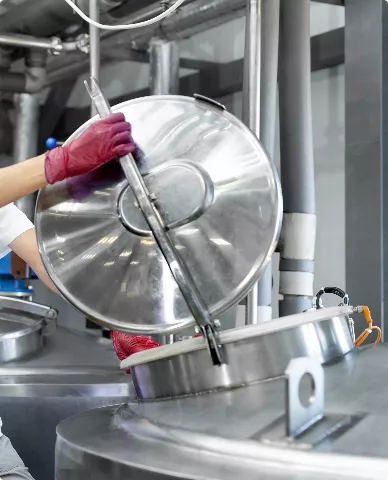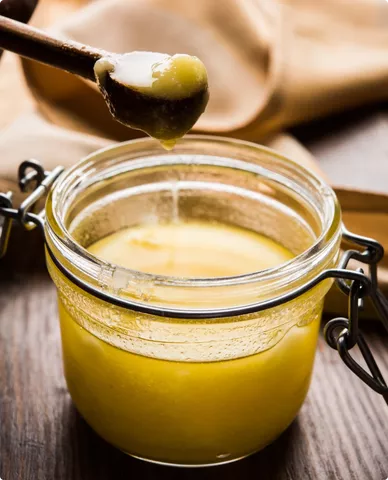IBC Container
IBC containers, or Intermediate Bulk Containers, are large, reusable containers primarily used for transporting liquids and granulated substances.
Intermediate Bulk Containers (IBCs) are crucial for the logistics of various industries due to their versatility and durability. Here’s an in-depth look at IBC containers, their features, and their applications:
Features of IBC Containers
-
Capacity: Typically range from 275 to 330 gallons (1040 to 1250 litres), providing ample storage space.
-
Material: Made from high-density polyethylene (HDPE), stainless steel, or composite materials.
-
Design: Includes a rigid outer cage for protection and stability, and a pallet base for easy handling with forklifts.
-
Reusability: Designed for multiple uses, making them cost-effective and environmentally friendly.
-
Safety: Equipped with secure lids and valves to prevent leaks and contamination.
Applications
-
Chemical Storage: Used for storing and transporting chemicals safely.
-
Food and Beverage: Suitable for bulk storage of food ingredients and liquids.
-
Agriculture: Used for storing fertilisers, pesticides, and other agricultural products.
-
Pharmaceuticals: Ensures safe transport of raw materials and chemicals.
-
Processed Animal Fats: PEPITO uses IBC containers to transport animal fats efficiently and safely.
Special Considerations for Animal Fats
-
Temperature Resistance: Containers used for liquid animal fat need to withstand temperatures around 55-60 degrees Celsius, the standard temperature during loading.
-
Melting Point: Due to the higher melting point of lard and tallow, it is important to have a way of melting the fat inside the IBC if stored for longer periods.
-
Transportation, Not Storage: IBCs are primarily used for the transportation of animal fats due to the challenging and energy-demanding process of melting the fat, making them less ideal for long-term storage.
Benefits
-
Efficiency: Large capacity reduces the need for frequent refilling, improving operational efficiency.
-
Durability: Robust construction ensures long-term use and resistance to harsh conditions.
-
Versatility: Suitable for a wide range of substances, including liquids and granulated materials.
-
Environmental Impact: Reusable design helps reduce waste and promotes sustainability.







